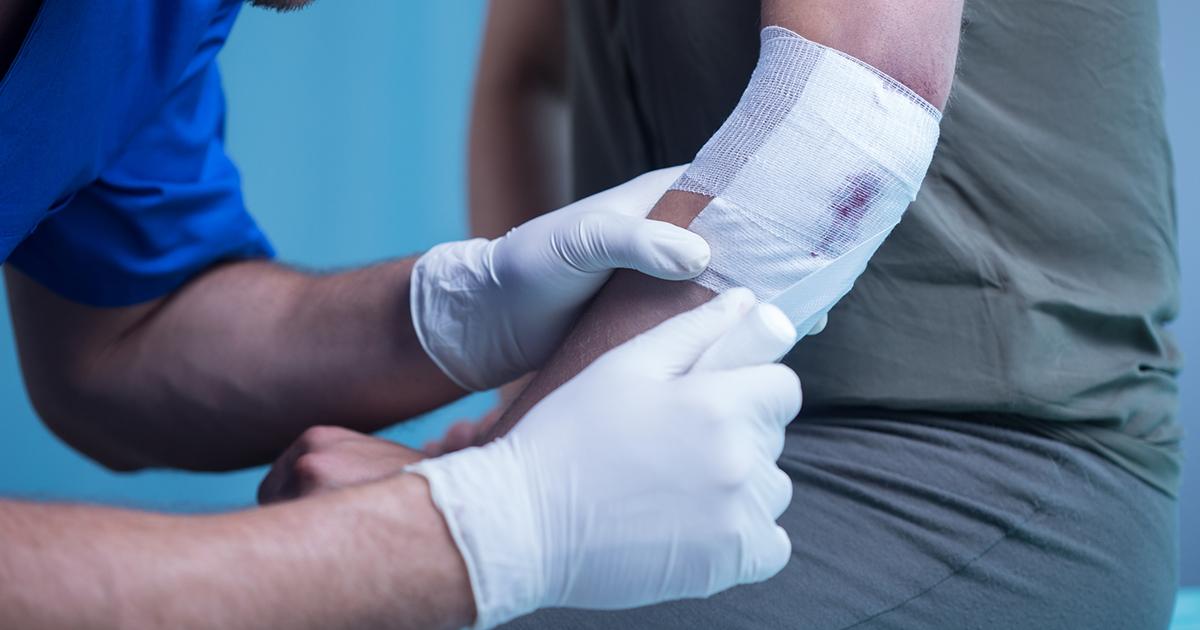Symptoms Of Congenital Insensitivity To Pain
At first glance, individuals with congenital insensitivity to pain with anhidrosis (CIPA) may seem quite lucky. With no pain sensation, the aches and pains that accompany accidents, medical procedures and aging simply wouldn't exist. A life free of pain is actually quite dangerous, however. Pain is your body's way of telling you something is wrong. Without it, you can suffer a severe injury or illness without recognizing a problem. The condition is particularly dangerous in young children who don't know when something is wrong without pain to tell them. There are a few vital symptoms of CIPA you should be aware of, especially if you suspect your newborn may have this condition.
Accumulation Of Wounds And Injuries

A lack of the ability to feel pain usually leads to a large accumulation of wounds and injuries. Cuts, scrapes, sores, and bruises are common in individuals with congenital insensitivity to pain. You need to stub your toe badly on the coffee table only once, for example, before you move the table or exercise more caution when walking around it. Individuals with CIPA, however, may bounce their toe off the table repeatedly and not notice. As a result, they may suffer multiple toe injuries or simply aggravate their existing wound repeatedly and prevent it from healing. Similar events may occur all over the body, leaving behind a collection of wounds and scars.
Loss Of The Ability To Smell

Medically known as anosmia, individuals with CIPA have no sense of smell. Although pain and smell are two very different sensations, the brain uses the same information channels to receive pain signals and odors. The mutations caused by CIPA block the path pain signals use to reach the brain. Since the nose uses these same damaged channels to send signals to the brain, CIPA results in the loss of the ability to smell. This may not seem like a major medical issue, but the ability to smell leaking gas or smoke can prove important since these scents can be signs of imminent danger. Infected wounds also produce unpleasant smells individuals with CIPA may miss.
